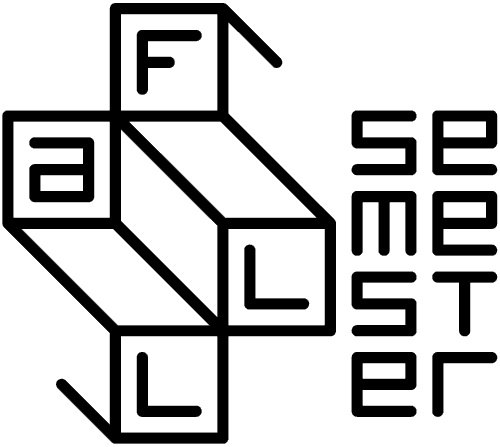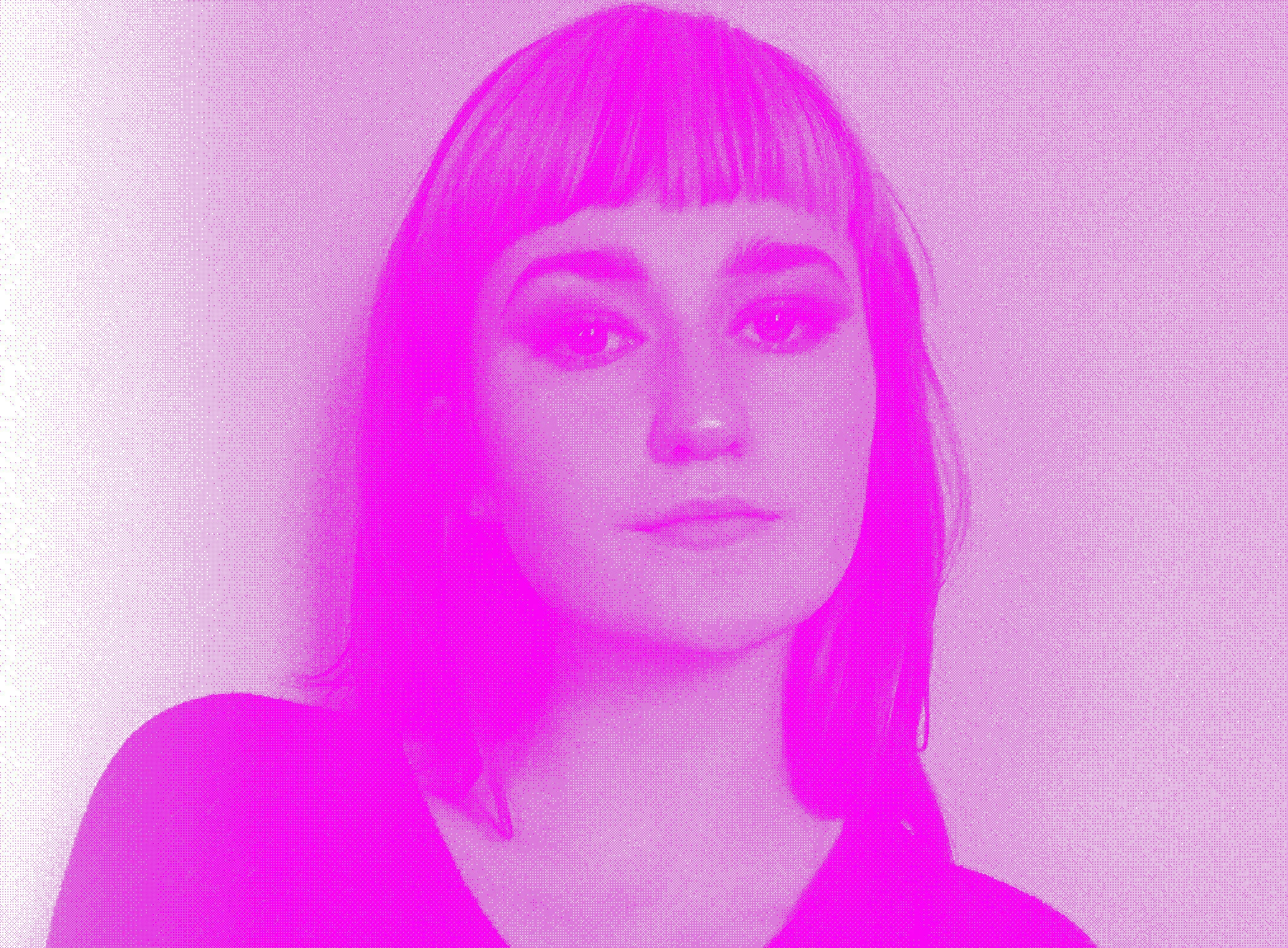/ SPRING BREAK 2020 /
Cornelia Herfurtner
Cornelia Herfurtner, 2020. LEFT: Freedom and control of others (including myself) Sefu 1 / RIGHT: Freedom and control of others (including myself) Vote SPD [5]. Images: Courtesy of the artist.
This text is an attempt to look at what's happening as the crisis of access to health care, the artificially produced lack of means to protect oneself and authoritarian measures against the public sphere unfold and to start from here in an emancipatory way. The US-American context is new to me (I just arrived in New York City in January) and I find it oftentimes difficult to understand the societal conditions and the injustices they produce. So part of my making sense happens in comparison to the social conditions in Germany, that I know better, in listening to and in reading others. The text will hitchhike through different observations and thoughts and is accompanied by a series of photographs under the title 'freedom and control of others (including myself).'
Similar to the US, the months December to March were not used in the Federal Republic of Germany (FRG) to prepare for the pandemic. Then suddenly everything went very fast. Extensive restrictions of democratic rights were implemented: a ban on contact, which forbids meeting more than one other person and which privileges family members and married people, a ban on assembly, and in Berlin also a (now withdrawn) ban on lingering in the public.
These measures are accepted and supported by large parts of the population. The measures themselves are perceived as politically neutral. But they follow the logic of capital: while educational and cultural institutions close, wage work continues in the factories and warehouses. Until June it is in fact possible that essential workers work 12 hours a day (daily work hours are otherwise restricted to 8). The right to demonstrate is suspended, but wage workers continue to use public transport to go to work. In Germany, BPOC is overrepresented in essential jobs (that is care work, construction work and in the food industry) and earn less than their white colleagues which makes them more vulnerable to becoming ill.
Contrary to what I perceive in New York, the emphasis in Germany lies in strong control within the population. The police, for example, encourages to report people who do not obey contact restrictions. This shifts the focus: instead of focusing on the social conditions that create the current sanitary crisis, responsibility is individualized and ultimately depoliticized. This is in line with the widespread acceptance of identifying oneself as a consumer: with different health insurance, retirement arrangements and as part of different risk groups.
Cornelia Herfurtner, 2020. LEFT: Freedom and control of others (including myself) Sefu 2 / RIGHT: Freedom and control of others (including myself) 'In a communist society there are no painters but only people who engage in painting among other activities.' [6] Images: Courtesy of the artist.
The idea of triage, i.e. the classification and treatment of people according to the health condition, must be rejected. At the same time, our capacity for analysis is needed: Triage is not something that threatens to be used just as the Sanitary Crisis unfolds here in the central capitalist countries but is globally constantly present: access to food, clean water, housing, etc. already determine who lives and who dies. In the US, allowing triage according to health is a continuation of racism[2] where the unequal socialization of the effects of capitalist production: air and environmental pollution, poverty and so forth, create health conditions like diabetes that produce high mortality among those who are the most vulnerable: poor, Black and Brown people, incarcerated people, refugees, people in nursing homes and the houseless.
What is already being discussed in the FRG after only 4 weeks in the state of exception: how to retract the cost of the crisis through austerity against the own population as well as within the EU where austerity has dismantled the health care systems in Italy and Spain so much, that they suffer the most from the crisis. Here in New York, austerity (or let's call it politics against the interest of working people) is also applied in the crisis: The cut back of Medicaid (2.1trillion), hospitals (400million) and the stop of bail reform harm New Yorkers that already suffer most[3].
Here as in Germany and the EU one of the most vulnerable populations are refugees. The omission of help and the imprisonment in camps gets now justified by the regime of quarantine. In the case of Germany, the ideological character of quarantine becomes clear, when we look at the action to return German tourists from all over the world to Germany. Until now 200.000 tourists have been brought back to Germany without being held in quarantine after arrival. In order to sustain the German food industry which is heavily dependent on foreign workers' cheap labor, the government agreed to fly 80.000 temporary workers into Germany to harvest asparagus and strawberries. Meanwhile, 40.000 refugees that are captive in Lagers in Greece are not evacuated under the guise of disease control.
Quarantine activates thinking in terms of national identity and constructs an outside or beyond the border. Those who are excluded are left to die. The spectacle of quarantine also functions as a distraction and prevents the discourse on effective methods to contain the virus: tests, case isolation, a sufficient and accessible health care system for all, availability and distribution of masks and other PPE, the practicing of physical distancing.
Cornelia Herfurtner, 2020.: Freedom and control of others (including myself) Matha. RIGHT: Freedom and control of others (including myself) Leor. Image: Courtesy of the artist.
I find it interesting to see how fast mutual aid structures built up – both here and in Germany. Communication takes place in app groups and on social media and through multi-lingual printouts. These structures take over an important part in supporting vulnerable people, a responsibility that the state has to fulfill, not as mercy, but as an obligation. I think it is important to not only fill the gap (and prove, btw, that the people are better capable of organizing their needs than the state is) but to insist on the fulfillment of human rights to health care, food, housing, education, freedom of movement, etc. for all people.
Meanwhile, what can be done in order to radicalize these spaces of practical solidarity? One thing I learned here in the US was the importance that education played in the progressive movements, for example in the Civil Rights Movement and the Black Panther Party. We know that class consciousness is not something that is just there, it is something that constitutes itself in understanding one's position in society, through defining and negotiating one's interests with and against other interests. It is necessary to use the spaces that mutual aid creates to bring people together, think about and analyze the conditions under which we live, combined with education about historical movements, forms of unrest, strike (worker's self-defense) and organization. We can map popular demands and then go beyond them. An example of this is the criticism of the authoritarian government in the crisis. Because, yes, curfews are repressive. But this also applies to wage labor or, in fact, any form of labour. Another example is the demand for Universal Basic Income (UBI). Can we imagine a UBI that does not sedate us as consumers (a necessary work to keep economy running), is not exclusive (e.g. bound to citizenship) and that ultimately goes against the system from which it arises?
Another point that is crucial to me is the right to demonstrate, the necessity to insist on the street. In the current crisis, we have seen a de facto abolition of the right to demonstrate. In the FRG where demonstrations must otherwise only be registered, they must now be approved. And, once again, they are not allowed under the guise of disease control. However, the right to demonstrate does not contradict physical distancing. Protest can be carried out with distance to each other, wearing masks and conforming to other protective measures. Who hoped that the side effect of wearing a mask would serve the concealment of identity is mistaken. People attempting to demonstrate in Berlin, for example, had to give their identity to be police and will become subject to newly introduced and repressive fines. The attempt to stop protest also takes on absurd features: a comrade from Germany told me, for example, that after their demonstration was stopped and their personal data were taken in, the fire brigade was called to remove the chalk-written demands to 'evacuate Moria[4]' from the street. The two examples clearly show that the goal is not to protect the population from infection but to render protests invisible.
So, what does that mean for the left? I think we have to reject the fear of contagion by simultaneously caring for each other and practice physical distancing. We have to focus on sites, that calculate death: poor neighborhoods, nursing homes, refugee camps, ICE camps, prisons, sites of precarious labor on so on. The global character and the simultaneity of the sanitary crisis offer a chance for solidarity as an internationalist practice. Here in NYC I think we have to notice the obscenity of people starving in a first world country without causing looting and to continue working so that obedience becomes forever incompatible.
I took this title from an interview with Mike Davis: 'I don't see a contradiction between social distance and protest. I mean, it's one of the ten commandments of the left. Maybe it's the first commandment. You never relinquish the streets.' https://www.thedigradio.com/podcast/mike-davis-on-coronavirus- politics/
https://www.democracynow.org/2020/4/9/camara_phyllis_jones_coronavirus_race_disparities
https://www.democracynow.org/2020/4/6/headlines/gov_cuomo_slashes_medicaid_as_new_york_struggles_to_get_ handle_on_covid_19_cases
Moria is an refugee camp on Lesbos in Greece. The camp is notorious for lacking hygiene and inhuman conditions of living. The report of a resident can be found here: https://twitter.com/LeftvisionClips/status/1247577312679297027
The SPD is the German Social Democratic Party and well known to act against the interests of the wage working population both nationally and internationally. Known for nearly a century but only widely in discussion since the 1990s is the fact that the party was also involved in the murder of Rosa Luxemburg and Karl Liebknecht. In English see for example https://jacobinmag.com/2020/01/rosa- luxemburg-murder-waldemar-pabst-germany
Karl Marx, Friedrich Engels in The German Ideology
Cornelia Herfurtner is a visual artist an activist based in Berlin and currently staying in NYC. She is organized in the Interventionistische Linke [interventionist left] and works in the alliance Rheinmetall entwaffnen [Disarm Rheinmetall] against Germany’s biggest arms exporter. As an artist she works under her given name as well as in the artist group Michelle Volta and the publishing collective b_books. Her last projects were a series of photographs published under the title, freedom and control of others (including myself)‘ in starship magazine #19, some of which accompany this text as monochromes, the video essay, Frauen verlassen das Museum‘ [Women leaving the museum] in collaboration with David Polzin and the collectively taught seminar, Self-organizing and university‘ (together with Ernest Ah and Anastasio Mandel) at University of the Arts Berlin.


![Cornelia Herfurtner, 2020. LEFT: Freedom and control of others (including myself) Sefu 1 / RIGHT: Freedom and control of others (including myself) Vote SPD [5]. Images: Courtesy of the artist.](https://images.squarespace-cdn.com/content/v1/56ec53dc9f7266dd86057f72/1586908553766-D0FTPJWT8BSUATLPN8LA/01.jpg)


























